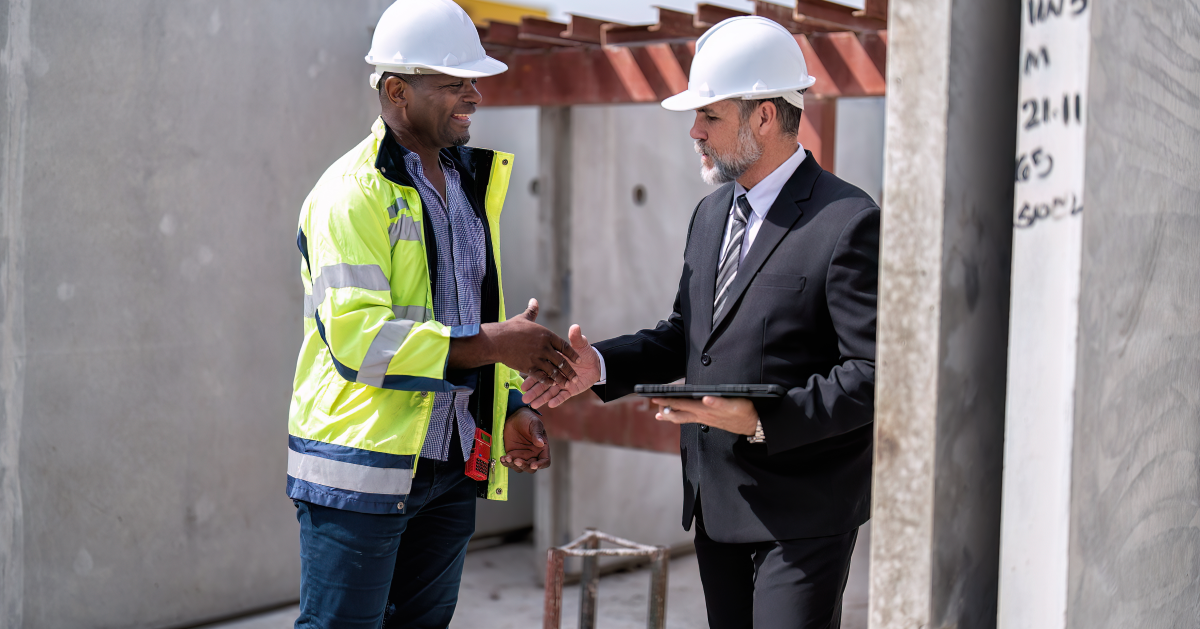Building a custom home is exciting but can also be overwhelming. There are countless decisions to make, contractors to coordinate, and schedules to manage. That’s where a custom home project manager becomes invaluable. This professional oversees every part of the construction, ensuring the project stays on track, within budget, and meets the homeowner’s expectations. Understand the vital role of a custom home project manager. What is the role of a custom home project manager? Find out here from experts.
In this article, we’ll explore the essential role of a custom home project manager. You’ll learn why their involvement is crucial for a smooth and successful custom home build.
1. Overseeing the Entire Construction Process
A custom home project manager’s primary responsibility is to oversee the entire construction process. They manage the daily activities on-site, ensuring that everything runs according to plan. Without constant supervision, delays and mistakes could happen, which would drive up costs.
Key responsibilities in overseeing construction include:
- Supervising contractors: The project manager coordinates and manages the work of various contractors to ensure timely completion of each task.
- Monitoring progress: They keep track of each construction phase to ensure that milestones are being met.
- Verifying plans: The project manager ensures that the build follows the approved blueprints and meets the homeowner’s vision.
By keeping an eye on every aspect of construction, the project manager ensures everything moves smoothly, preventing delays and costly errors.
2. Managing the Budget
Keeping the project within budget is one of the most important responsibilities of a custom home project manager. A well-managed budget avoids overspending and ensures that resources are used efficiently. Homeowners rely on the project manager to prevent unnecessary costs.
How they manage the budget:
- Tracking expenses: The project manager records all costs and monitors them to ensure spending stays within the agreed budget.
- Approving payments: Before making payments to contractors and suppliers, the project manager reviews and approves invoices to avoid errors.
- Adjusting for unexpected costs: If unplanned expenses arise, the project manager adjusts other areas of the budget to accommodate them without exceeding the total cost.
Through careful management of the budget, the project manager helps prevent financial issues that could derail the project.
3. Scheduling and Timeline Management
Managing the timeline is critical in any construction project. The project manager creates a detailed schedule that outlines when each phase of the construction will take place. This includes coordinating with contractors, ensuring they know when to start and finish their tasks.
How they handle scheduling and timelines:
- Creating a project timeline: The project manager creates a comprehensive schedule that lays out the construction phases, deadlines, and contractor tasks.
- Coordinating contractors: They ensure that contractors know when their services are needed and that there are no overlaps.
- Adjusting schedules: If issues like weather delays or supply shortages arise, the project manager adjusts the schedule and communicates changes.
By effectively managing the timeline, the project manager keeps everything running on time, avoiding delays that could increase costs.
4. Communicating with Homeowners and Stakeholders
Communication is one of the most important roles of a custom home project manager. The homeowner, contractors, and suppliers all need to be kept informed about the project’s progress. The project manager acts as the central communication hub, making sure everyone stays updated.
Communication tasks include:
- Updating the homeowner: Regular updates keep the homeowner informed about the project’s progress, any challenges, and next steps.
- Coordinating contractors: The project manager communicates with contractors and suppliers to ensure smooth operations and timely completion of tasks.
- Resolving concerns: If the homeowner has questions or requests changes, the project manager addresses them and works to incorporate adjustments into the plan.
With open lines of communication, the project manager keeps everyone aligned, reducing misunderstandings and confusion throughout the build.
5. Ensuring Compliance with Codes and Regulations
Every custom home must adhere to local building codes, safety regulations, and zoning laws. A project manager ensures that the entire project complies with these legal requirements. By managing permits and coordinating inspections, the project manager protects the homeowner from fines or delays.
Ensuring compliance includes:
- Securing permits: The project manager files for necessary permits before construction begins, making sure everything is in order.
- Scheduling inspections: They arrange inspections at key stages of construction to confirm everything meets building codes and safety standards.
- Addressing compliance issues: If any issues arise during inspections, the project manager works with contractors to resolve them quickly.
By ensuring the project complies with regulations, the project manager helps prevent costly legal issues and keeps the build on schedule.
6. Problem Solving and Conflict Resolution
Construction projects rarely go perfectly from start to finish. Issues such as weather delays, material shortages, or disagreements between contractors can arise. A custom home project manager is responsible for quickly solving these problems.
How project managers handle issues:
- Quick decision-making: When problems occur, the project manager assesses the situation and makes quick decisions to avoid project delays.
- Resolving conflicts: If conflicts arise between contractors or between the homeowner and the construction team, the project manager mediates to resolve the issues.
- Adapting plans: The project manager makes adjustments as needed to keep the project on track, whether it’s shifting the timeline or finding alternative solutions.
By managing challenges effectively, the project manager prevents small problems from becoming major setbacks.
7. Managing Quality Control
A custom home project manager plays a critical role in maintaining quality control throughout the construction. Homeowners expect high-quality workmanship, and the project manager ensures that contractors deliver work that meets the required standards.
Key quality control responsibilities:
- Inspecting work regularly: The project manager conducts regular inspections to ensure that the construction meets quality standards and matches the approved plans.
- Ensuring material quality: They ensure that contractors use the specified materials and that the materials meet the homeowner’s expectations.
- Correcting substandard work: If any subpar work is identified, the project manager takes action to have it corrected immediately.
Quality control ensures that the homeowner is satisfied with the final result, and the home meets all construction standards.
8. Managing Permits and Approvals
One often overlooked responsibility of a project manager is handling the permits and approvals required for the custom home build. Without the proper permits, the project cannot legally proceed. The project manager ensures that everything is in order from the beginning.
Tasks related to permits and approvals:
- Filing for permits: The project manager submits all required paperwork to obtain building, plumbing, electrical, and other necessary permits.
- Managing inspections: They coordinate inspections with local authorities to ensure the project complies with building regulations at each stage.
- Ensuring documents are current: Throughout the build, the project manager keeps all permits and approvals up to date.
By managing permits and approvals, the project manager ensures that the custom home build progresses smoothly and within the law.
9. Final Walkthrough and Handover
As the project nears completion, the project manager coordinates the final stages, ensuring that all finishing touches are in place. This phase includes a final inspection and walkthrough with the homeowner, ensuring satisfaction before the handover.
Final tasks include:
- Coordinating final inspections: The project manager schedules the final inspection to confirm that the home is ready for occupancy and meets all building codes.
- Conducting the homeowner walkthrough: The project manager leads the homeowner through the completed home to ensure that everything meets expectations.
- Managing final touch-ups: If any issues arise during the final walkthrough, the project manager coordinates with contractors to fix them before closing the project.
By overseeing the final stages, the project manager ensures a smooth transition from construction to homeownership.
Conclusion
A custom home project manager is crucial for the success of any custom home build. Their role covers everything from overseeing construction and managing the budget to ensuring compliance with building codes and resolving conflicts. Through their expertise, they keep the project on track, help the homeowner stay informed, and maintain quality control. What is the role of a custom home project manager? Find out here from experts.
With a skilled project manager guiding the process, building a custom home becomes a more streamlined and enjoyable experience for the homeowner.


